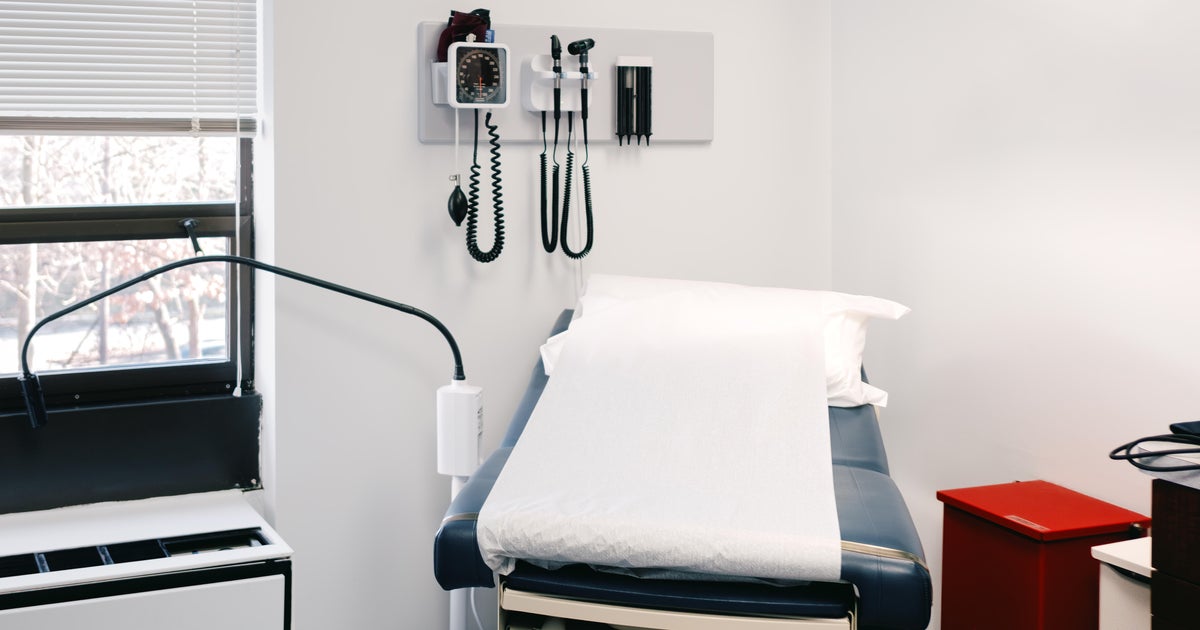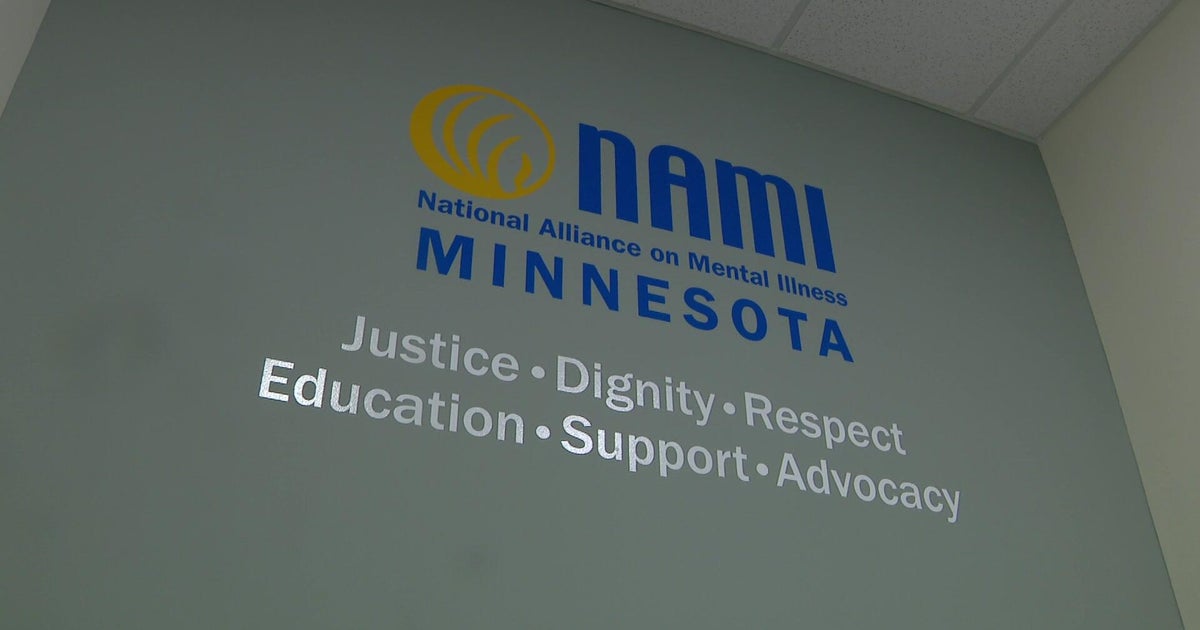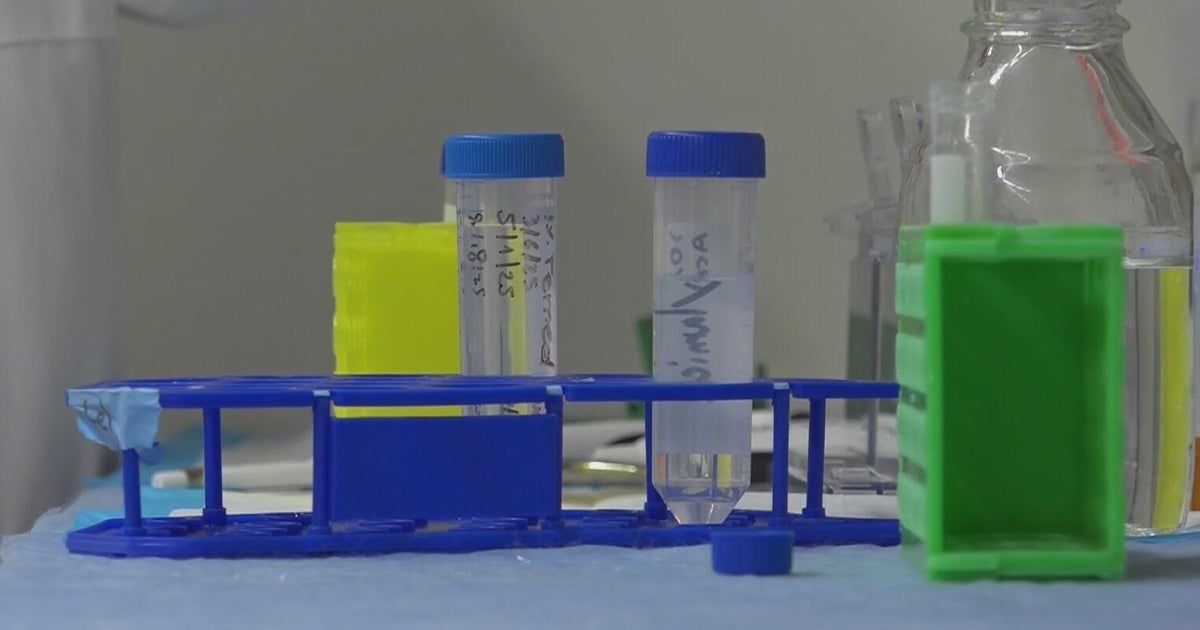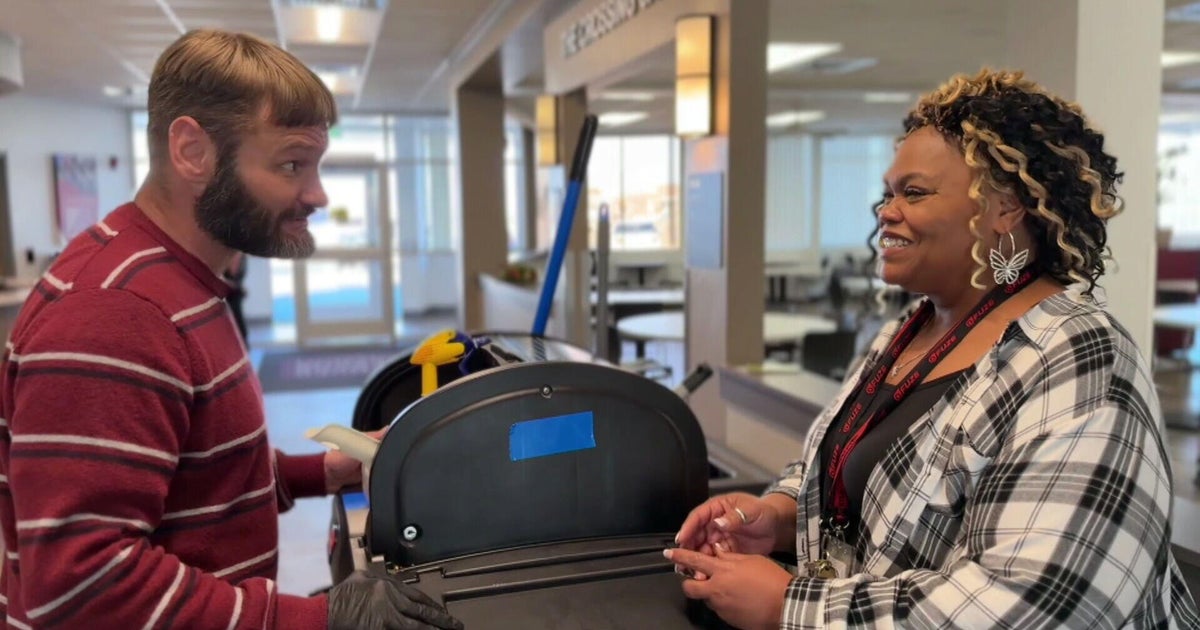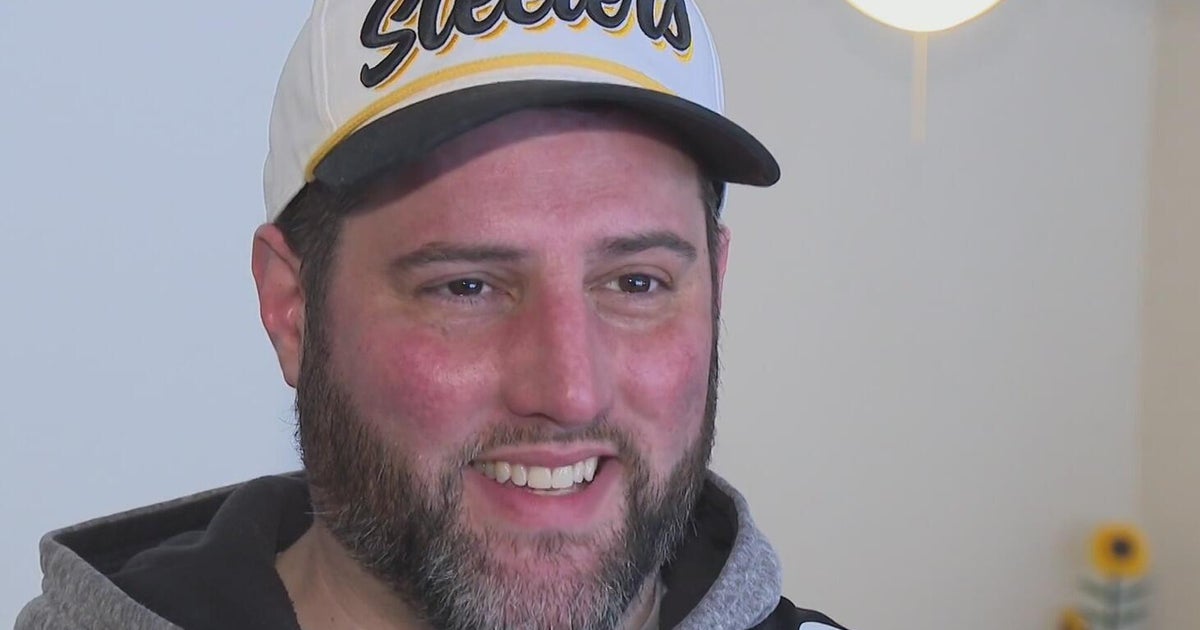Here's how a UPMC program helps patients with POTS
PITTSBURGH (KDKA) — POTS is a life-changing condition and cases are on the rise. People with POTS find the symptoms debilitating, and many struggle to find relief.
It impacts people who were seemingly healthy before. Oftentimes it can pop up in serious athletes and marathoners, which makes it even more devastating when these people start experiencing a fast heart rate, dizziness and severe fatigue.
When we stand up from a chair, our body uses gravity and pushes the blood in the right way. Our blood vessels squeeze and our heart rate might go up a little bit. For people with postural orthostatic tachycardia syndrome, their heart starts beating way too fast, the blood pressure gets wonky and they feel faint and oftentimes pass out.
"They may feel lightheaded, they may feel dizzy in the worst cases, they may pass out and fall to the ground," said Dr. William Barrington, the chief of cardiology at UPMC Shadyside.
Barrington has sort of taken it upon himself to create a safe space and program to help.
"Many of my patients that I deal with are young women and the problem is young women are frequently dismissed as having anxiety attacks or panic attacks as the cause and very often they become very frustrated by that," he said.
Catrina Vargo is one of those women.
"It was pretty hopeless. You have a lot of people that maybe don't believe you or you're trying to find specialists and no one really specializes in this and it was hard to find out what it was. It took me about a month and a half to even get a diagnosis," she said.
Vargo breezed to the finish line at the Pittsburgh Marathon in 2022 but got hit with a wall of symptoms just two days later.
"Every time I would go to Urgent Care, they would say 'you're fine, you're fine, your vitals look fine, go home' and I knew something was wrong and by the end of that month of May, I couldn't walk, I couldn't get out of bed, I could barely help myself to help, I couldn't cook a meal."
After months of researching, she discovered a UPMC program, meeting physiologist Mark Jordan at her lowest low.
"I would come in here and maybe do 5 or 7 minutes of exercise before I would feel a faint coming on and I would get back in my wheelchair and Mark would say, 'OK, come back in two days and we'll try again.'"
"It's all recumbent exercise because people with POTS don't feel good standing up so we don't do any exercise standing up or use an upright bike. We're going to use a rowing machine," said Mark Jordan, senior clinical physiologist at UPMC Shadyside's Cardiopulmonary Rehabilitation Program.
Jordan works the patients through the Levine protocol, developed by Dallas cardiologist Dr. Benjamin Levine, and he says the POTS patients are spreading the word that it works.
"Just within the last two years, the volume has jumped up significantly. Initially we'd maybe see two to three people a year with POTS and now as it stands, we have 20 or more enrolled with the program," Jordan said.
With Jordan's guidance, Vargo successfully used exercise to retrain her nervous system. Now she's back on the treadmill and back to normal.
"By the end of the program, by the end of that year or so, I was running on the treadmill for 30 to 40 minutes at a time and I think one day I might have done 60 minutes on the treadmill and I said, 'OK, I think I can go to the grocery store now and not be fearful I'm going to pass out.'"
UPMC also offers treatment for POTS at UPMC McKeesport and UPMC Passavant.
